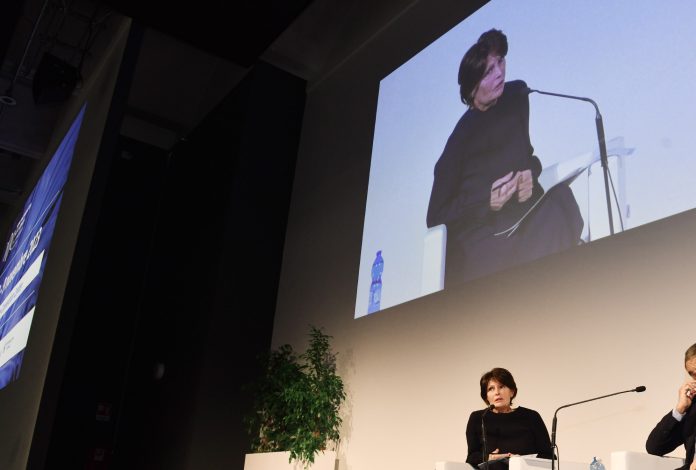by EH
As Italy grapples with the complexities of migration, Friuli Venezia Giulia is confronting an escalating problem: the rising influx of false labor quotas in a market increasingly dependent on migrant workers. Regional officials are stepping up calls for national reform as a growing percentage of fraudulent applications disrupt the process of integrating non-EU citizens into Italy’s workforce.
At the heart of this debate is Alessia Rosolen, Friuli Venezia Giulia’s Regional Councillor for Labor. Speaking at a seminar in Trieste this week, Rosolen laid out the challenges her region is facing as it deals with an immigration system that, in her words, is ill-equipped to handle the realities of modern labor needs. “The issues related to the entry of non-EU citizens into the labor market bring numerous challenges, and we are addressing these with a constant and proactive dialogue with the national government,” she said.
A Surge in Fraudulent Quotas
Among the most pressing concerns is the high number of falsified quotas—permits meant to allocate work opportunities to non-EU citizens. In Friuli Venezia Giulia, Rosolen noted, the proportion of false applications has surged beyond 25%, straining an already complex immigration system. These numbers reflect a broader challenge across Italy, where the delicate balance between welcoming labor and curbing fraud has become a contentious political issue.
“The category of freelance professionals can work alongside the regional administration in defining targeted interventions,” Rosolen told an audience of tax consultants and labor experts, stressing the need for a cooperative approach to tackling the issue. “They can share their knowledge of the phenomena, including migration, and the most pressing needs in the labor market.”
A National Response to a Regional Problem
This crisis is unfolding as Italy’s Ministry of Labor attempts to overhaul the country’s immigration policies. A new decree-law, enacted in 2024, is set to introduce corrective measures aimed at mitigating the widespread counterfeiting of applications. Rosolen welcomed the changes but highlighted the need for additional support. One key reform, she said, will come in November, when the government plans to implement a pre-screening period for applications. This step is intended to ease the burden on overworked immigration offices ahead of January’s so-called “click day,” when thousands of applicants will compete for a limited number of work permits.
The decree also addresses applications from countries like Bangladesh, Pakistan, and Sri Lanka, which have experienced particularly complicated migration patterns in recent years. For these nations, the Italian government will return the task of processing applications to regional immigration offices, a move designed to ensure more thorough evaluations.
An Unequal System
For Friuli Venezia Giulia, a region that has long been a transit hub for migrants heading to Western Europe, these changes can’t come soon enough. Rosolen has been a vocal critic of Italy’s current system, arguing that it fails to address the fundamental mismatch between the country’s labor needs and its immigration policies.
“In our country, we continue to export talent and import labor, while employers are increasingly demanding higher levels of professionalism,” Rosolen said. “Yet there is a lack of adequate regulation of the migration phenomenon. In certain sectors, the number of required qualifications has increased significantly in recent years—this, too, is a phenomenon that needs to be managed differently.”
Her concerns reflect a broader debate across Europe, where countries are struggling to align their immigration policies with the demands of modern labor markets. In Italy, where birth rates are declining and an aging population is pushing employers to look beyond the country’s borders for workers, this tension is particularly acute.
Looking Ahead
As the region navigates these challenges, Rosolen underscored the importance of supporting the freelance and regulated professions. “The Region is committed to supporting freelance professionals and regulated professions,” she told the audience in Trieste, highlighting training programs for professionals under 35, assistance in establishing associated practices, and grants for disabled workers.
For now, Friuli Venezia Giulia remains on the front lines of Italy’s immigration debate, with local leaders like Rosolen pushing for a system that works both for the region’s labor market and for the migrants seeking a better life. The question, as always in Italy, is whether the national government will act quickly enough to deliver the reforms needed.





























